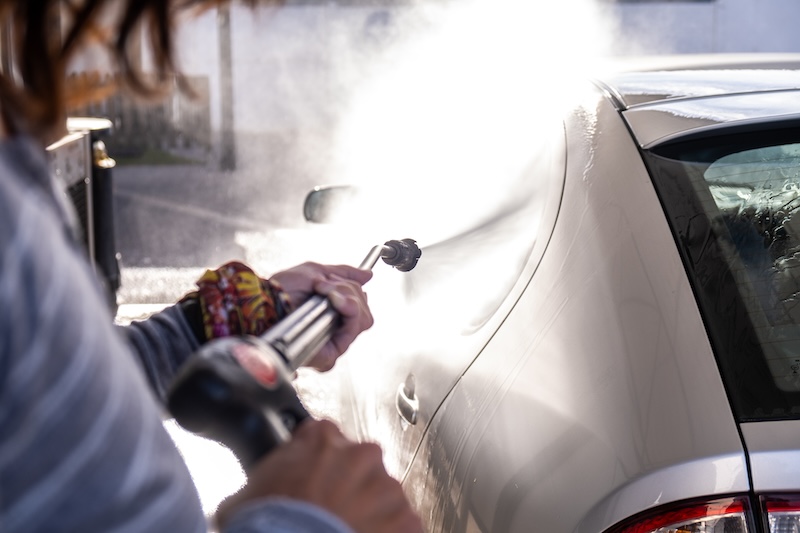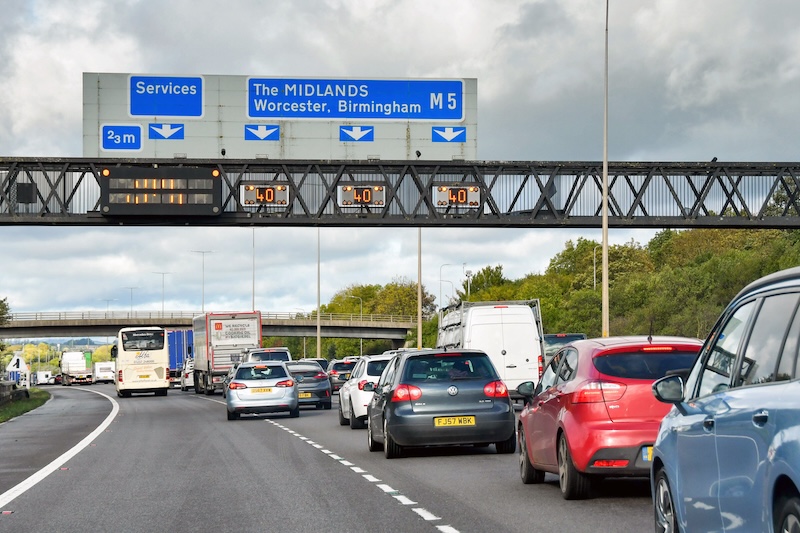1st CENTRAL’s complete guide to hire cars

Looking to hire a car for your next road trip? 1ST CENTRAL have got you covered.
Car hire can feel like a minefield of hidden costs, restrictions and potential penalties. Use our essential hire car checklist to help you steer clear of nasty surprises and ensure you’re fully insured to drive.
1ST CENTRAL’s hire car checklist
- Shop around
As with any purchase, finding the most competitive price often comes down to research. Looking at cars on car hire broker websites can make it easier to compare prices and features, however you should be wary that the initial price you see may not include things like insurance, excess mileage or additional drivers.
Once you’ve built a shortlist, be sure to click all the way through to purchase in order to see the final prices with all additional costs included.
- Understand your insurance
The biggest risk when hiring a car is the potential cost of any damage you cause to the vehicle when out on the road. It’s very important that you understand exactly what is included in the different levels of insurance the car hire company is offering you.
If the insurance offered has high excess charges, you may be better off taking out a separate third-party policy through your usual insurer.
Find out more about 1ST CENTRAL’s hire car cover.
- Be wary of damage waivers
It’s very common for hire car companies to try and sell you additional insurance or excess damage waivers before you drive away. However, if you’ve already checked your insurance, you’ll know that you’re covered for everything already.
Don’t let yourself be talked into additional cover you don’t actually need.
- Check the fuel policy
Different hire car companies have different policies when it comes to fuel. While some may expect you to return the car with the same level of fuel as it had when you drive away, others may ask you to pay for a full tank and then return it empty.
Neither of these is more economical than the other, however you don’t want to find yourself handing the car back with more fuel than you needed to pay for.
- Check the age restrictions
Generally, hire car companies will not lend to drivers under the age of 21. Some will stipulate you must be 25 years or over. Also, most companies make it a rule that you must have had your full licence for at least one year.
Those companies who do lend to younger drivers may charge higher premiums. Drivers under 25 may also be restricted by the vehicle they’re allowed to hire. Also note that some companies set up an upper limit on age too: many hire car companies will not rent to people over the age of 70.
- Be aware of mileage limits
Mileage limits vary by rental company, with additional charges per mile or kilometre over the given limit. If you believe you’re going to go over the fixed number of miles or kilometres included in your deal, you might be better of searching for a different package, or asking your hire company if they’ll negotiate on the limit.
Be sure to check the number of miles/kilometres in the Terms and Conditions of your booking before signing to avoid additional charges on return.
- Do your own pre-hire checks
Before you drive away, your hire car company should give you a full tour of the vehicle, pointing out any nicks, dents or damage that already exist. This should all be recorded on the paperwork the company gives you before you drive away.
To avoid getting caught out, we recommend giving the car an additional once over, taking your own digital photos of any damage you don’t believe was recorded. This will give you proof should the company try and charge you for damage that wasn’t yours when you return the vehicle.
- Contest unexpected charges
If you are charged extra when you return the car, ask the hire company to provide supporting itemised documents explaining each additional charge. If you don’t agree, contest this with the company and inform your card provider that they are not to allow any money to be taken from your account.
If the money is taken from your card before you have chance to protest, you can claim against section 75 of the Consumer Credit Act. If you paid by debit card, ask your card provider to use the chargeback system to reverse the payment.
Packed up and ready to go? Before you set off, check out 1ST CENTRAL’s guide to the best service stations, so you can plan your midway cuppa.
Car hire can feel like a minefield of hidden costs, restrictions and potential penalties. Use our essential hire car checklist to help you steer clear of nasty surprises and ensure you’re fully insured to drive.
1ST CENTRAL’s hire car checklist
- Shop around
As with any purchase, finding the most competitive price often comes down to research. Looking at cars on car hire broker websites can make it easier to compare prices and features, however you should be wary that the initial price you see may not include things like insurance, excess mileage or additional drivers.
Once you’ve built a shortlist, be sure to click all the way through to purchase in order to see the final prices with all additional costs included.
- Understand your insurance
The biggest risk when hiring a car is the potential cost of any damage you cause to the vehicle when out on the road. It’s very important that you understand exactly what is included in the different levels of insurance the car hire company is offering you.
If the insurance offered has high excess charges, you may be better off taking out a separate third-party policy through your usual insurer.
Find out more about 1ST CENTRAL’s hire car cover.
- Be wary of damage waivers
It’s very common for hire car companies to try and sell you additional insurance or excess damage waivers before you drive away. However, if you’ve already checked your insurance, you’ll know that you’re covered for everything already.
Don’t let yourself be talked into additional cover you don’t actually need.
- Check the fuel policy
Different hire car companies have different policies when it comes to fuel. While some may expect you to return the car with the same level of fuel as it had when you drive away, others may ask you to pay for a full tank and then return it empty.
Neither of these is more economical than the other, however you don’t want to find yourself handing the car back with more fuel than you needed to pay for.
- Check the age restrictions
Generally, hire car companies will not lend to drivers under the age of 21. Some will stipulate you must be 25 years or over. Also, most companies make it a rule that you must have had your full licence for at least one year.
Those companies who do lend to younger drivers may charge higher premiums. Drivers under 25 may also be restricted by the vehicle they’re allowed to hire. Also note that some companies set up an upper limit on age too: many hire car companies will not rent to people over the age of 70.
- Be aware of mileage limits
Mileage limits vary by rental company, with additional charges per mile or kilometre over the given limit. If you believe you’re going to go over the fixed number of miles or kilometres included in your deal, you might be better of searching for a different package, or asking your hire company if they’ll negotiate on the limit.
Be sure to check the number of miles/kilometres in the Terms and Conditions of your booking before signing to avoid additional charges on return.
- Do your own pre-hire checks
Before you drive away, your hire car company should give you a full tour of the vehicle, pointing out any nicks, dents or damage that already exist. This should all be recorded on the paperwork the company gives you before you drive away.
To avoid getting caught out, we recommend giving the car an additional once over, taking your own digital photos of any damage you don’t believe was recorded. This will give you proof should the company try and charge you for damage that wasn’t yours when you return the vehicle.
- Contest unexpected charges
If you are charged extra when you return the car, ask the hire company to provide supporting itemised documents explaining each additional charge. If you don’t agree, contest this with the company and inform your card provider that they are not to allow any money to be taken from your account.
If the money is taken from your card before you have chance to protest, you can claim against section 75 of the Consumer Credit Act. If you paid by debit card, ask your card provider to use the chargeback system to reverse the payment.
Packed up and ready to go? Before you set off, check out 1ST CENTRAL’s guide to the best service stations, so you can plan your midway cuppa.



3 Comments
The point of view of your article has taught me a lot, and I already know how to improve the paper on gate.oi, thank you.
I absolutely love your website.. Excellent colors & theme.
Did you makle this web site yourself? Please reply back as I’m hoping tto crete my own personall blog
and would like too learn where you got this from or exactly what the theme is named.
Thanks! https://Www.waste-ndc.pro/community/profile/tressa79906983/
b2advv